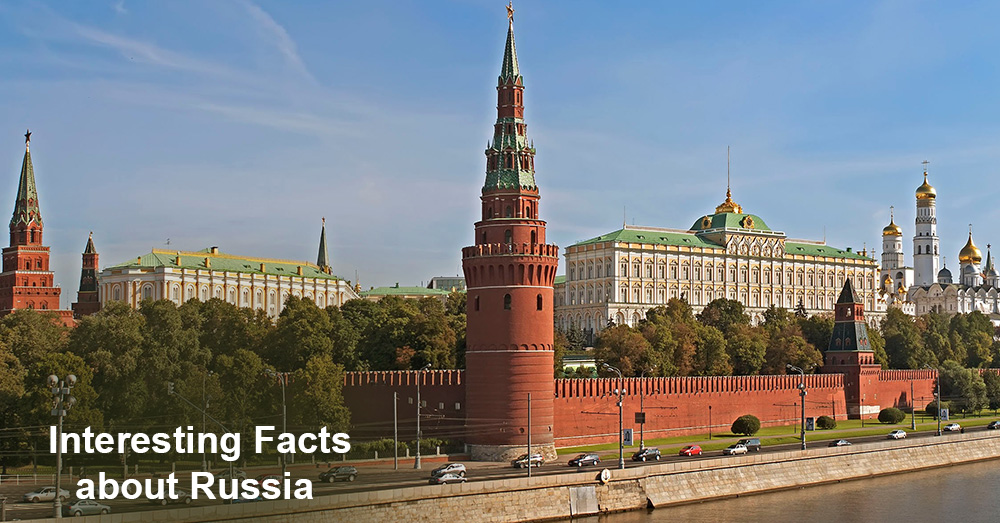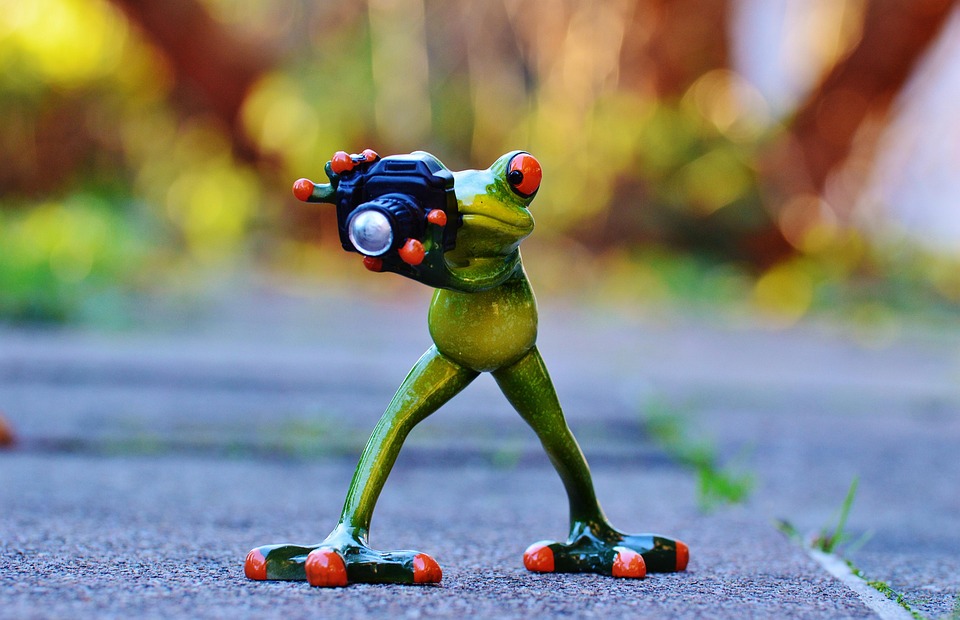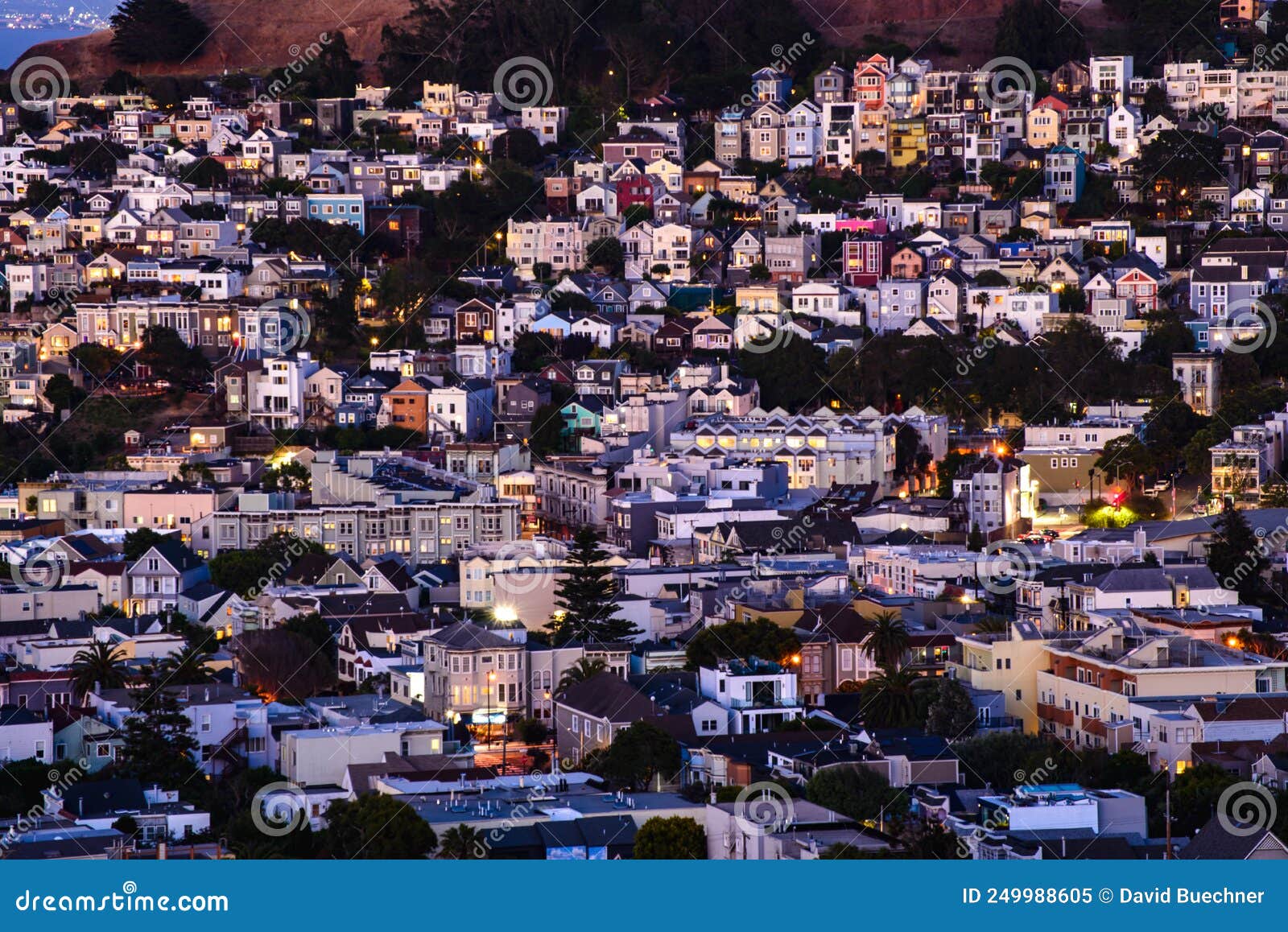Russia, the largest country in the world, holds a wealth of fascinating history, culture, and a unique cosmic narrative that is often overlooked. Each facet of this nation—from its frigid expanses to its rich artistic heritage—offers a glimpse into the multifaceted identity of its people. The following exploration encapsulates the captivating aspects of Russian culture, its cold landscapes, and the cosmic events that have been integral to its historical trajectory.
1. A Tapestry of Languages and Ethnicities
With over 200 ethnic groups and more than 100 languages spoken, Russia is an intricate tapestry of cultures. The most prominent ethnic group is the Russians, but significant populations of Tatars, Ukrainians, Bashkirs, and Chechens contribute to a diverse societal landscape. This linguistic medley not only enriches the cultural heritage but also reflects the country’s historical connections to neighboring regions.
2. The Russian Language: An Art Form
Russian, a Slavic language, is known for its complexity and beauty, utilizing the Cyrillic alphabet that differs significantly from the Latin script. The nuances of Russian extend beyond mere communication; they embody a rich literary tradition. Renowned authors like Fyodor Dostoevsky, Leo Tolstoy, and Anton Chekhov have crafted works that delve into the human psyche, raising profound philosophical questions—works that continue to resonate across the globe.
3. The Cold Climate: A Shaper of Identity
The Russian winter is notorious, with temperatures plunging well below freezing in many regions. This severe cold has shaped not only the physical landscape but also the cultural identity of its people. Resilience is a hallmark of the Russian spirit. Traditions such as the banya (traditional sauna) highlight the love for warmth and community, offering a retreat from the harshness of winter.
4. Resilient Architecture
The stark contrasts of Russian architecture echo historical epochs. The onion domes of St. Basil’s Cathedral in Moscow symbolize iconic Russian Orthodox faith, while the grandiose structures of the Kremlin evoke a sense of power and governance. Beyond state buildings, the wooden architecture of rural villages, characterized by intricate carvings, speaks to a deep connection to nature and an artisanal legacy that has been preserved through centuries.
5. Russian Cuisine: A Gastronomic Journey
Russian cuisine is an amalgamation of flavors and traditions. Dishes such as borscht (beet soup) and pelmeni (dumplings) showcase a blend of local ingredients adapted from various cultures over time. The consumption of black tea, often accompanied by jam and sweet treats, reflects hospitality, while communal meals are ingrained in the social fabric, emphasizing togetherness amidst the long winters.
6. Ballet: A Cultural Triumph
The art of ballet flourishes in Russia, with institutions like the Bolshoi and Mariinsky Theatres being paramount in the evolution of this dance form. Russian ballet, renowned for its technical precision and expressive storytelling, has produced legendary figures such as Anna Pavlova and Mikhail Baryshnikov. The ballet has transcended mere performance, becoming an essential part of Russian cultural identity, captivating audiences worldwide.
7. Russia’s Cosmic Heritage
Shifting from the cultural to the celestial, Russia’s history is intricately linked with space exploration. The launch of Sputnik in 1957 marked the dawn of the Space Age and positioned the Soviet Union at the forefront of this new frontier. Yuri Gagarin, the first human to journey into space, became a national and global icon, symbolizing human ingenuity and ambition. The spirit of discovery continues to evolve as Russia remains a key player in international space missions.
8. Cosmological Mysteries: The Tunguska Event
On June 30, 1908, the Tunguska event—a mysterious explosion in Siberia—obliterated about 80 million trees across 2,000 square kilometers. Many theories abound about the cause, ranging from a comet or asteroid impact to more fantastical explanations. This incident piques the curiosity of scientists and conspiracy theorists alike, cementing its position in the annals of cosmic mystery.
9. The Reputation of Russian Resilience
The concept of ‘stoicism’ runs deep in the Russian psyche. Historical events, including the tumult of the 20th century with the Russian Revolution, World War II, and the collapse of the Soviet Union, fostered a sense of resilience and adaptability. Russians often refer to themselves as “survivors,” a badge of honor that recognizes their ability to persevere through adversity while maintaining a sense of community.
10. The Arts: A Reflection of Society
Art in Russia serves as a mirror of the society’s evolution. Iconic movements, such as the Russian Avant-Garde, rejected established norms, paving the way for modernism in the arts. Artists like Wassily Kandinsky and Kazimir Malevich pushed boundaries, revealing a historical eagerness for innovation. This cultural energy persists today, as contemporary Russian artists explore personal and political themes that resonate both locally and globally.
11. A Land of Natural Wonders
The Russian landscape is as diverse as its culture. From the serene beauty of Lake Baikal—the world’s deepest freshwater lake—to the rugged peaks of the Ural Mountains, the geography illustrates a breathtaking variety. The expanse of Siberia, often characterized by its remote tranquility, invites adventure and introspection, reinforcing the connection between the land and its people.
In conclusion, Russia’s cultural richness, harsh yet captivating climates, and significant contributions to space exploration create a tapestry of intrigue. Understanding these facets promises not only knowledge but a shift in perspective about a nation often shrouded in complexity. Embrace the opportunity to delve deeper into this enigmatic land—there is always more to uncover.








